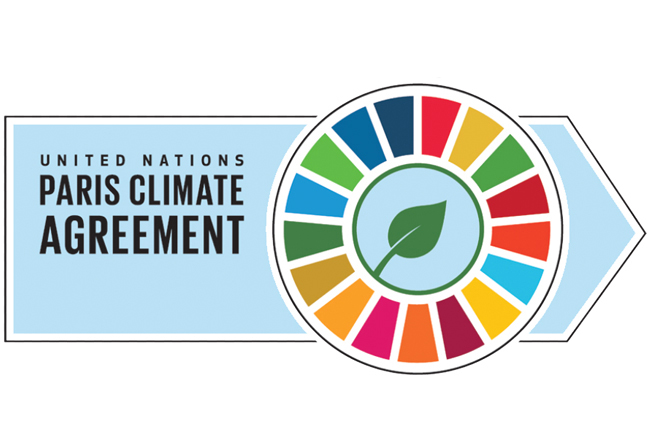Paris and Adaptation
“The squeaky wheel gets the grease.” Age-old adages typically have staying power due to the truths they impart. A second is to live in the present and discount the future very heavily. And, as Yogi Berra said, “They call it the future because it hasn’t happened yet,” and it’s in our DNA to focus on immediate realities rather than long-term plans.
Paris’s “Yellow Vest” rioters and vandals are definitely “squeaky wheels” who offer a snapshot of general unrest as human-caused climate change tightens its hold on our planet. Hundreds of thousands of French people have taken to the streets to protest their government’s proposed increases in taxes on diesel and gasoline fuels. Other thousands have rallied in support of government measures, such as the higher taxes on hydrocarbons, which are intended to decrease oil and gas consumption and the subsequent global warming as a result that impacts all of us.
The conflict between actions that are intended to slow human-caused climate changes and the public’s immediate desires for high consumption have raged for decades now. President Trump tweeted on the Paris riots against higher carbon taxes: “Very sad day & night in Paris. Maybe it’s time to end the ridiculous and extremely expensive Paris Agreement and return money back to the people in the form of lower taxes?” The French government responded to public anger by cancelling implementation of the planned increases in fuel taxes.
The lesson from the Paris experience is that loud, organized groups will oppose their government taking something away from them in order to guard against future catastrophes, and that governments may buckle under pressure from those ‘squeaky wheels.’ So we can assume little or no effective actions will be taken against greenhouse gas emissions or other human activities that speed global warming. The eloquently stated purposes of various international treaties intended to slow or prevent human-caused climate changes will be trumped by public pressures for more goodies – NOW.
Subsequent posts will explore strategies to dodge some of the bad effects of climate change, such as not living near the ocean, paying attention to credible predictions of heat, water and storm conditions ten years from now in the location where you live, and shying away from complex urban systems which are most vulnerable to climate change.
For now, it’s wise not to count on my father’s 1980 answer to a pessimistic view of environmental changes, “Aw, they’ll find some technological fix.” It’s far smarter to plan that the scientifically predicted climate changes will actually happen and will unfold with complexity and uncertain specifics.

 Politics
Politics 

